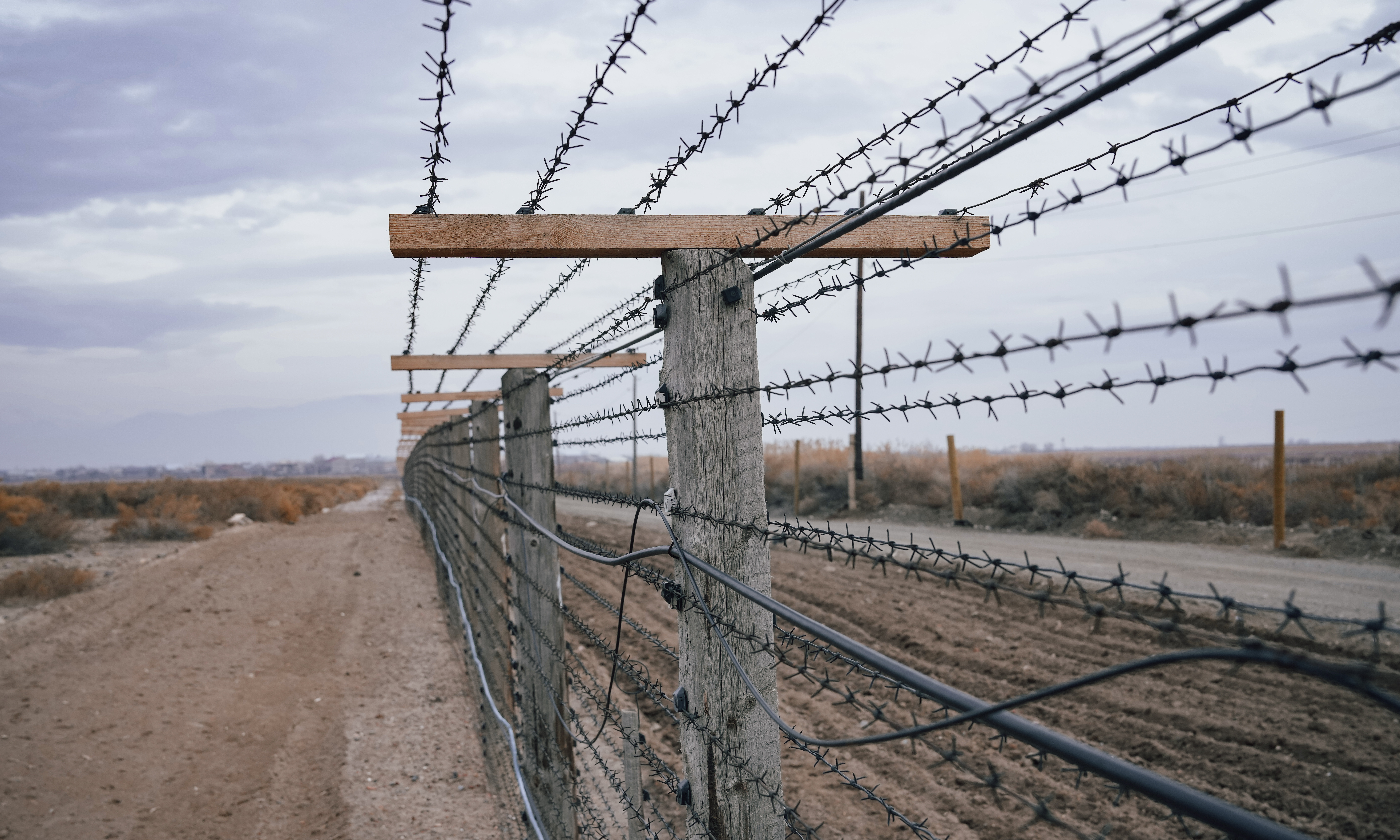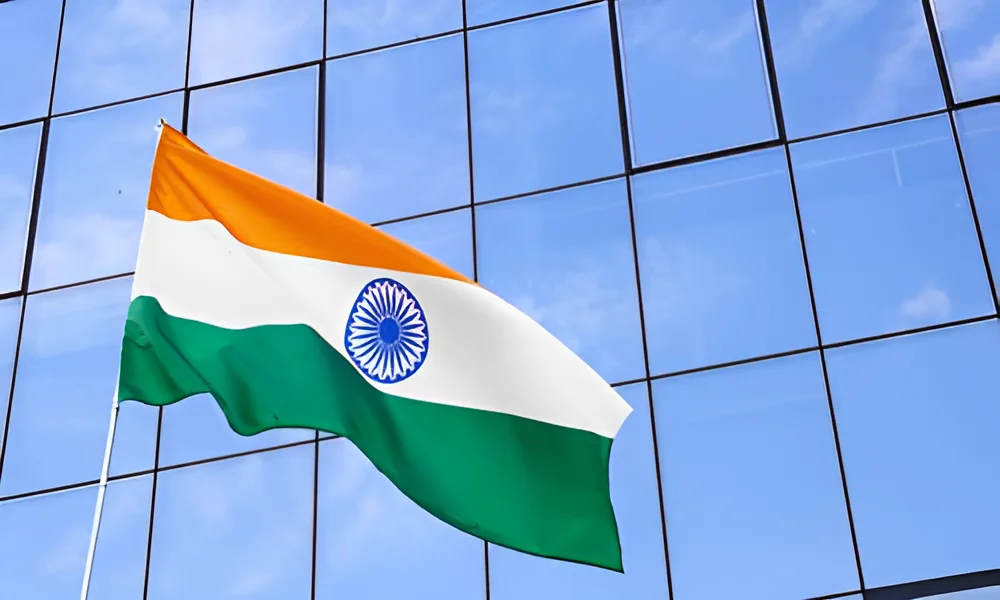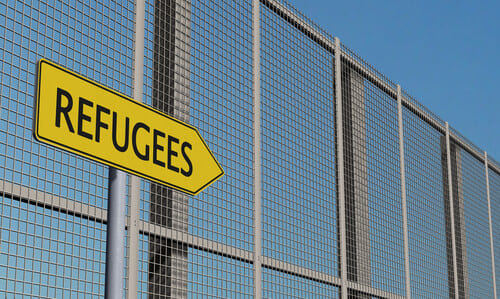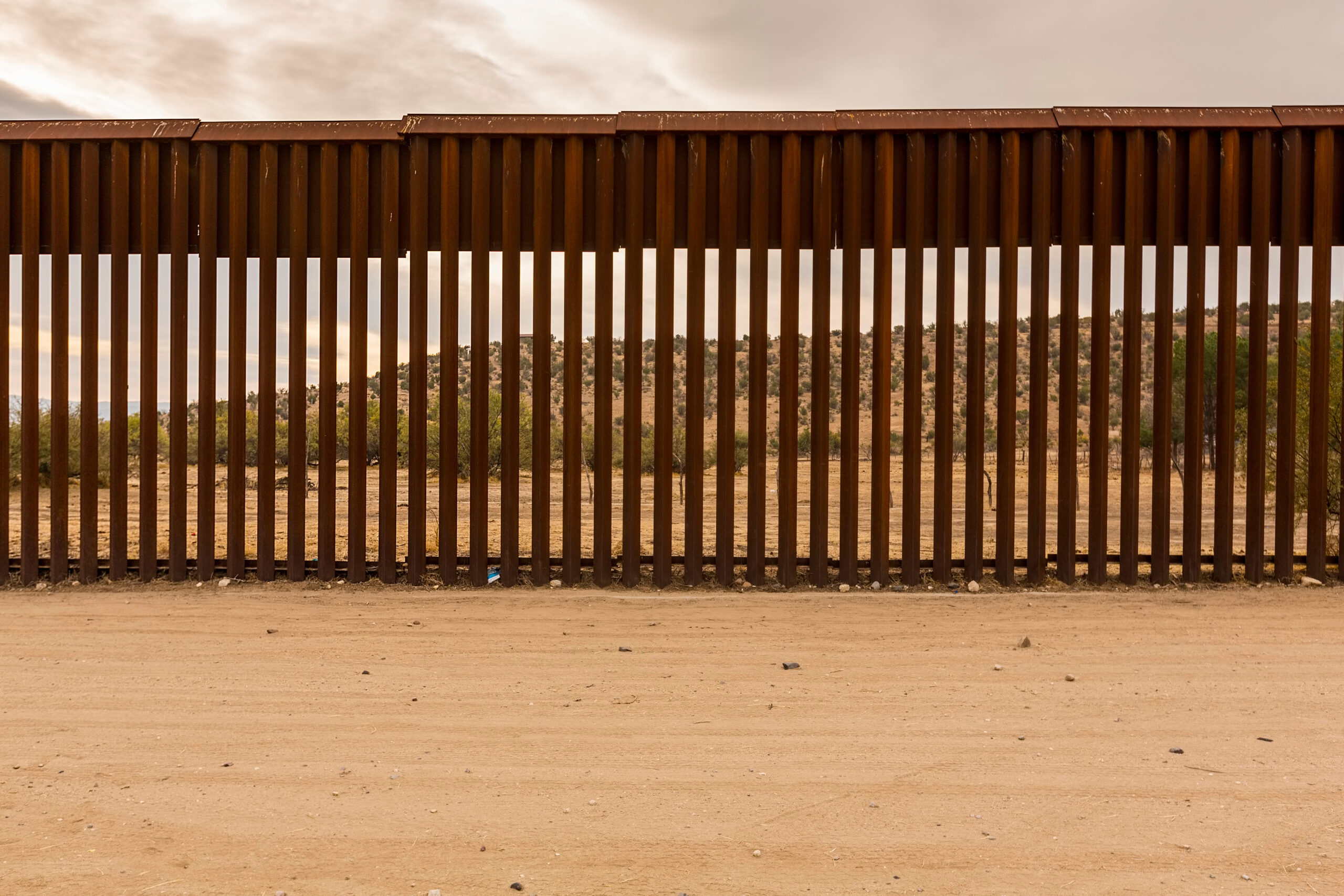There’s a reason why California remains a top road trip destination for people all across the country. And for Californians, the state is chock-full of fun places to explore.
Ripe with beautiful scenery and ample sun, the Golden State boasts a wealth of outdoor activities for everyone. Plus, with everything from bustling cities to small, old-timey towns, there’s no reason not to settle down and get lost in one of California’s favorite pit stops.
Of course, before you head out, there are a few ‘golden’ rules you should make sure to study up on. So to make things easy, we’ve compiled some of our top safety tips for road trippers, so you can buckle up and hit the road with confidence.
What Are Some of the Top Pain Points On California Road Trips?
In California, there are a handful of mild dangers to look out for. The issues we’ve outlined below don’t constitute huge threats, but they’re something to anticipate before you hit the road.
- Traffic Congestion: California’s highways can be very busy, especially during peak travel times, leading to traffic jams and delays. To avoid traffic, try to travel at off-peak hours on weekdays if you can.
- High Gas Prices: Gas prices in California are often higher than the national average, and they increase during the summer months, which can add to the cost of a road trip. Alternatively, if you’re traveling by EV, you’ll need to make sure to map out your charging stations ahead of time. The last thing you want is to get stranded without a station in sight!
- Road Conditions: California’s roads can vary widely in quality, with some areas experiencing potholes, construction, and other hazards. Keep in mind that if you’re leaving a city to explore more-rural terrain (or vice versa), you’re more likely to discover potholes or rough roads you’re not used to driving on, so make sure to proceed with caution.
- Inclement Weather: While California is known for its sunny climate, weather conditions can change in an instant depending on the season and location. Heatwaves, wildfires, and flash floods can all be potential hazards for road travelers.
- Distance and travel time: California is a large state, and driving between destinations can take longer than expected, especially when factoring in traffic and road conditions. As a rule of thumb, it’s best to add an extra few hours to your expected drive time to accommodate for any pit stops or unforeseen delays along the way.
How Many Summer Vehicle Accidents Occur Each Year in California?
It’s only logical that as more drivers hit the road, more accidents are likely to occur. In 2017, the California Office of Traffic Safety reported a total of 3,540 vehicle collisions between the months of June – August. The office also warned that each year this number is sure to vary due to a wide variety of factors, including weather conditions, traffic volume, and individual driving behavior.
What Are the Most Important Summer Driving Tips for Californians?
The NHTSA advises that every Californian follow a few key tips before hitting the road each summer.
- Maintain your vehicle: Make sure your vehicle is up to date on all maintenance and safety checks, including tire pressure, brakes, and fluid levels.
- Buckle up: Always wear your seatbelt, and make sure any passengers do the same.
- Avoid distractions: Put away your phone and other distractions while driving, and keep your focus on the road.
- Don’t drink and drive: If you plan to drink, make sure you have a designated driver or another safe way to get home.
- Watch for pedestrians and bicyclists: With more people out and about in the summer, it’s important to be extra careful any time you’re sharing the road with pedestrians and bicyclists.
- Slow down in work zones: Summer is a popular time for road construction and maintenance, so be prepared to slow down and follow posted work zone speed limits.
- Plan ahead: Allow plenty of time for your trip, plan your route in advance, and have a backup plan in case of unexpected delays.
Stock Your Car Up Before You Hit the Road
In addition to following these suggested rules on the road, there’s plenty you can do ahead of time to make sure you and your loved ones will be covered in the case of an emergency. So if you’re new to preparing for a full road trip, listen up; you’re going to want to make sure you have all of the following gear packed up before you head out:
- Emergency kit: A basic emergency kit should include items like a first aid kit, a flashlight, extra batteries, blankets, bottled water, and non-perishable snacks.
- Roadside assistance kit: In case you experience car trouble, you should also consider packing a roadside assistance kit with items like jumper cables, a tire pressure gauge, a jack, a lug wrench, and a spare tire.
- Navigation tools: Make sure you have a GPS or map handy, as well as a phone charger and backup battery. Plus, it never hurts to have a fold-up map, just in case!
- Personal items: Depending on your needs, you may want to pack items like sunglasses, sunscreen, insect repellent, hats, and comfortable clothing and shoes.
- Vehicle maintenance items: Don’t forget to include supplies like extra motor oil, windshield wiper fluid, and coolant.
Perform a Quick Vehicle Inspection Before You Start Driving
Finally, the absolute last thing you can do before you hit the road is perform a quick vehicle sweep. Make sure to first check your car’s fluids. Make sure your engine oil, transmission fluid, brake fluid, coolant, and power steering fluid are all full before you leave.
Then, check your tires to make sure you’re still at the right air pressure in all four tires, plus your spare. After that, make sure to test your brakes and then your battery. Finally, check your lights to ensure everything from your headlights to your taillights is functioning properly.
Stay Prepared For Anything With Some of Fresno’s Best Car Accident Lawyers
No matter how diligently you prepare, accidents happen. So if you find yourself in an accident during your road trip, don’t panic! The best thing you can do is call 911 to report the accident and remain at the scene. Request an ambulance if anyone is hurt, and be sure to receive a full exam soon after the crash, even if you don’t feel hurt.
Securing reputable legal representation means you have experienced allies to help you file a personal injury claim against any irresponsible drivers or other at-fault parties. These claims are critical for helping you recover the costs of injury treatment, lost work income, and any other damages you have suffered.
If you wind up with painful injuries or costly damages during your would-be-perfect vacation, there’s a California car accident attorney out there who is ready to help! You’ll want to make sure that you have someone who is going to fight tooth and nail to hold the responsible party accountable.
Singh Ahluwalia Attorneys at Law are the right team for the job. We’re here to make sure you can confidently pursue your best course of action, knowing that your rights are protected by a compassionate and dedicated Fresno car accident attorney team. To schedule your first appointment, simply call (559) 878-4958 or contact the team online.









